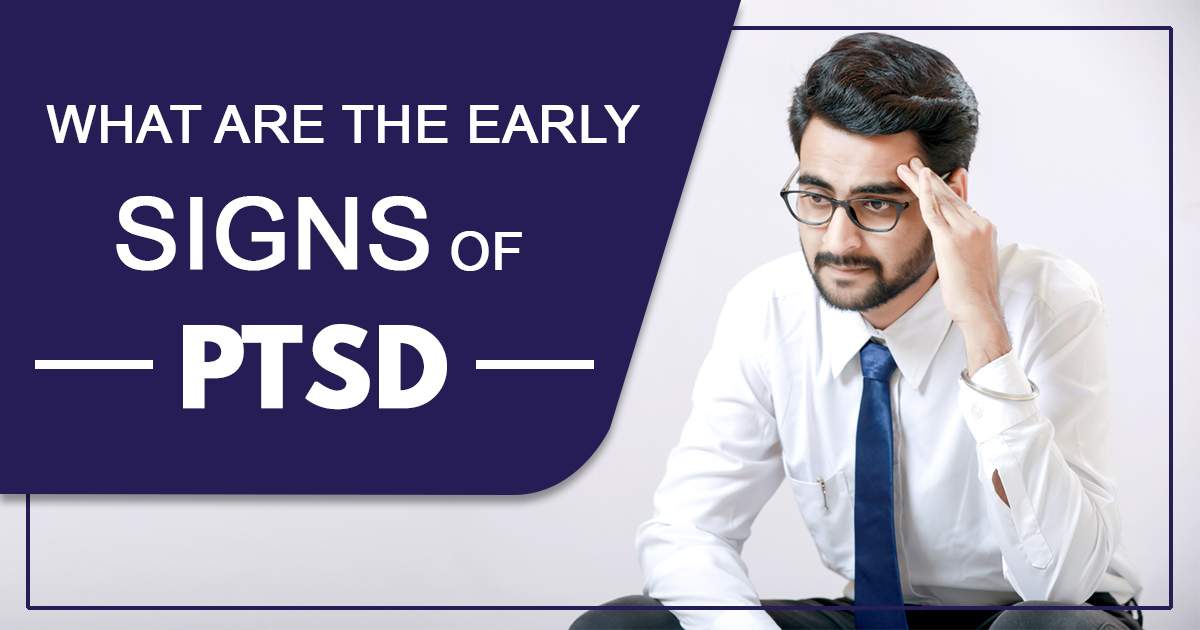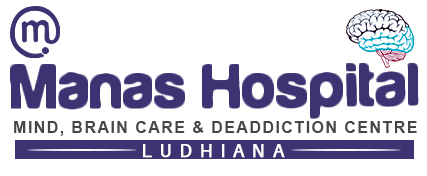
What are the early signs of PTSD
What is the way to check the early symptoms?
PTSD symptoms need a lot of effort to manage and keep up with the healthy lifestyle. In some cases, stressful experience or mood change can make it difficult to live a smooth life.
Example: A person with PTSD, can isolate themselves from others or unhealthy coping strategies like self-harm or binge eating. In such cases, the symptoms can get worse or they can return after some time. So, seeking help from the best Psychiatrist In Punjab at the early stage is very essential.
Relapse prevention in PTSD
Relapse prevention is a set of skills designed to reduce the likelihood of the symptoms which get worse or the person can return to unhealthy behavior. Some of the skills which can help are:
- Checking the early warning symptoms which are getting worse.
- Identifying the high-risk situation.
- Understanding the everyday situation and how it is affecting your life, like skipping meals makes your mood worse.
In simple words, relapse prevention is the same as taking measures to prevent fire. Even after taking appropriate steps, the fire still happens. However, preventive efforts will reduce the severity and frequency of fire.
Similarly, several things help prevent PTSD symptoms. This means you need to take quick action to control the situation.
What are the warning signs of PTSD?
Symptoms take time to increase which means you notice warning signs before they create more problems. Sometimes it can be minor or extremely severe. But, yes every person PTSD symptoms or warning signs will be different.
Change in thinking
- “I Don’t want to get therapy anymore.”
- “Treatment is not working. I will never get better.”
- “No one cares about me. Why do I need to do this?”
- “I am feeling low. This means I will get depressed again.”
Change in the mood
- “I don’t feel happy, even when I am around friends and family.”
- “I am beginning to feel super-hyped.”
- “My mood is changing a lot.”
Change in the Behavior
- “I can’t take care of myself.”
- “I don’t like meeting people.”
- “I have noticed that I am talking less.”






